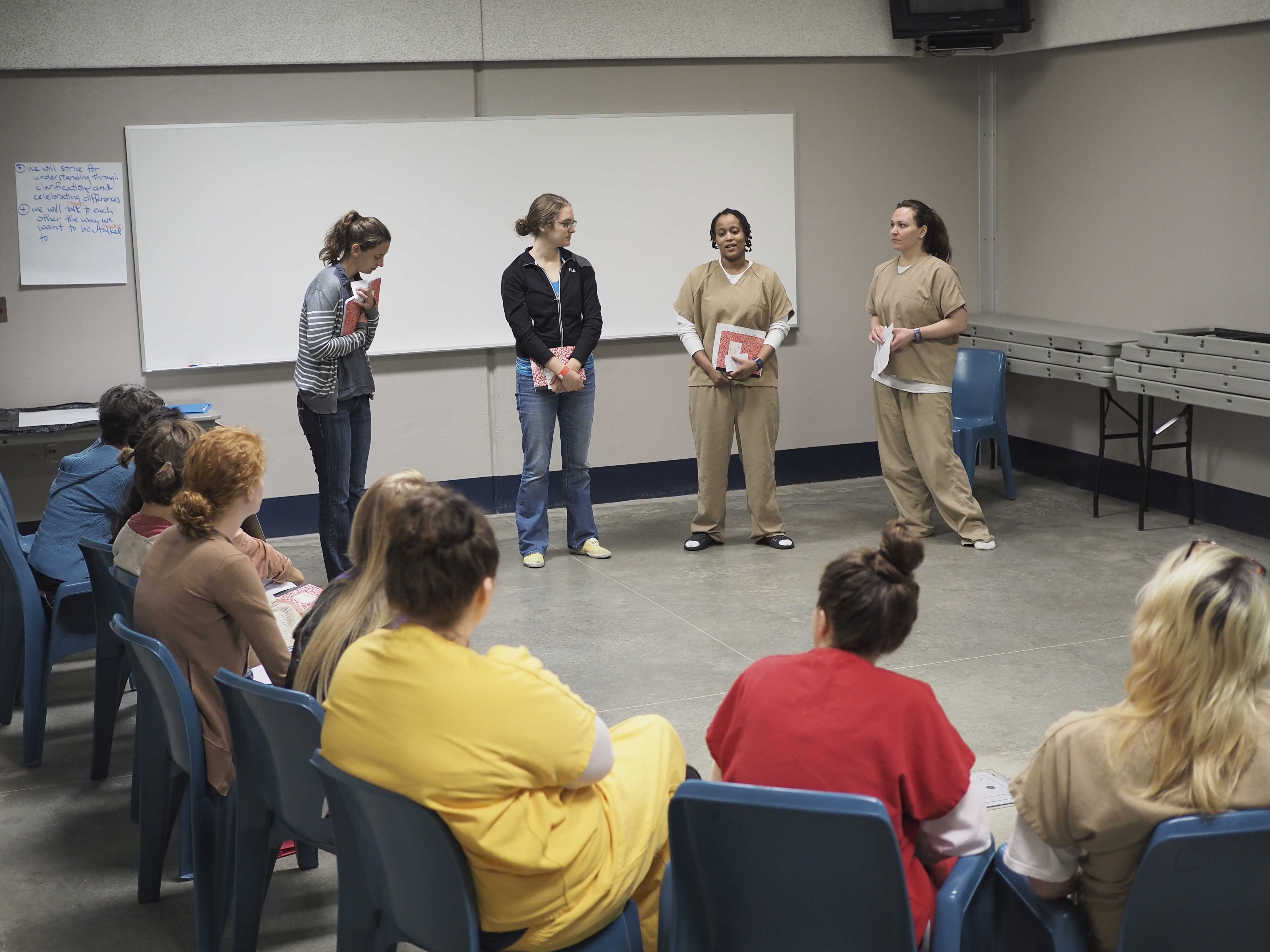Feeling Versus Thoughts
An important aspect of thinking rationally is to know the difference between a “feeling” and a “thought”.
Sound simple?
For many it’s not.
Next time someone asks you “how you feel about something”, take notice whether you answer in basically one word. If not, you most likely are relating what you think.
An example: How do you feel about pollution?
Bet you start to say something like “it is devastating our planet”… but now that is a thought or belief, not a feeling. To relate a feeling about that question would be to answer, “I feel worried” or “I feel angry”.
The contrary can be true also where one gives a feeling when asked what they think.
So to “beef up” your ABC’s and other rational thinking … Practice differentiating between Thoughts and Feelings!
A Common Misconception
In my experience of conveying the principals of REBT and SMART, I have repeatedly come across the argument “That we are trying to eliminate emotional responses to situations… That Emotions are a ‘Bad’ thing.” Quite the contrary!
The first effort I took was to get COMPLETELY in touch with my emotions. It was important for me to have a complete and clear appreciation for what I WAS feeling and differentiate between what was a Thought and what was a Feeling. The quote “negative” emotions are the “Warning Signs” that the mind/body gives to alert to problems in life, real or imagined. By tuning my awareness to these IMPORTANT emotional alerts, I became more in tune with My reality.
In doing this I discovered that I was actually limited in my emotional responses to situations. By rational perspective of situational events and a broader selection of emotions, I am able to experience the APROPRIATE emotion for a given situation.
To some the initial “feel” is that emotions were eliminated. Before, the emotions were few but INTENSE. After, they are less intense, varied and appropriate. Therefore, it may “seem” like emotions are eliminated by comparison. There are few things in life that DEMAND an INTENSE emotional reaction. These efforts in no way eliminated emotions. I have, in fact, Broadened and Enhanced my emotional repertoire.
Something to Think About
For many, addiction in whatever form it takes, is a matter of Coping. One of the coping difficulties may be centered on emotions. In the process of “getting to know” your feelings, the developing coping skill is put to the test. This is inevitable. The two go hand-in-hand. We find ourselves actively pursuing the very thing that for years we have been addictively avoiding.
Anticipate that it “Just Might” be uncomfortable at times. Remember, have patience, persevere but don’t push. Each day, each month, will provide ample opportunity to Grow. Take reward in each step taken.
Our Principles
-
Self-Management - People can manage their own behaviour.
-
Mutual Aid - People learn best from each other.
-
Choice - People choose their own goals, skills and tools.
-
Person Centred - People with lived experience are central in guiding what we do.
-
Evidence Led - All our programs are based on scientific evidence and we encourage their on-going evaluation.
History of
SMART Recovery
SMART Recovery was established in 1994 in the USA to meet the increasing demand of health professionals and their patients for a secular and science-based alternative to the widespread 12-Step addiction recovery program.
Such was its popularity that SMART Recovery grew from 42 group meetings at the beginning to more than 2000 in North America alone today and now proliferating worldwide in 23 countries and counting.
Get Started Right Now!
If you’re feeling the negative effects of addiction, why wait to make changes? Get started with SMART Recovery by watching our instructional videos and slides, and find how quickly you can Discover the Power of Choice!
I want to get started now!
Important Decisions for Court-Mandated Attendance
First Amendment Court Cases
A compilation of court cases related to mandated support-group attendance and First Amendment issues regarding religious freedom.